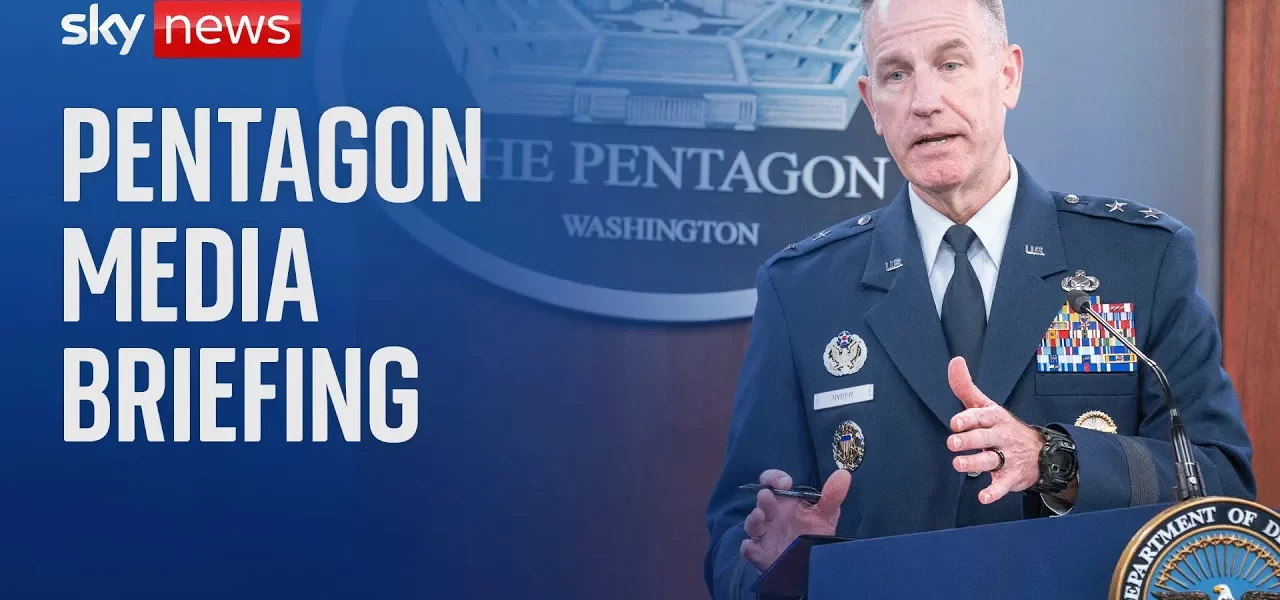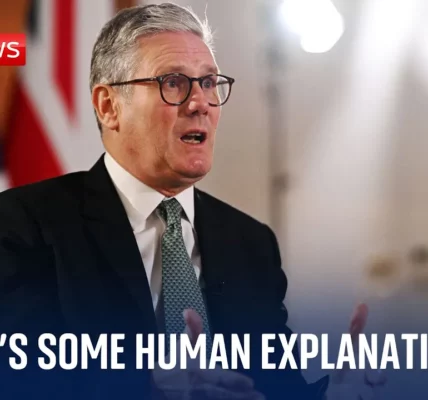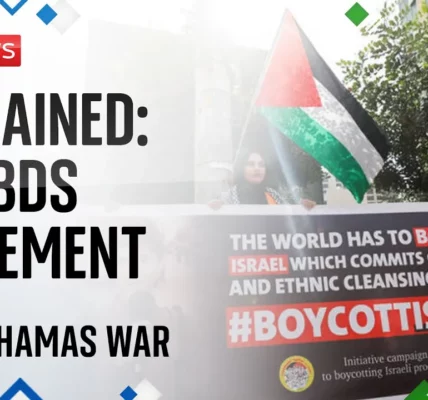Recent Developments in the Middle East: US Support for Israel, Red Sea Situation, and Super Garuda Shield
Recent Developments in the Middle East: US Support for Israel, Red Sea Situation, and Super Garuda Shield

This article provides an in-depth look at the current geopolitical landscape in the Middle East, focusing on the United States’ commitment to supporting Israel amidst rising tensions, the environmental and navigational challenges posed by recent maritime incidents, and the ongoing military exercises aimed at enhancing regional partnerships.
Introduction
The geopolitical landscape in the Middle East is currently fraught with challenges, as the United States continues to navigate its role in supporting allies while addressing threats from adversarial nations. Recent developments have underscored the US commitment to Israel’s defense against aggression from Iran and its proxies, as well as highlight the urgent environmental concerns stemming from maritime incidents in the Red Sea. Additionally, military exercises such as the Super Garuda Shield further illustrate the collaborative efforts between the US and its allies to maintain stability in the region.
US Support for Israel
The United States has reiterated its unwavering support for Israel, particularly in light of the increasing threats from Iran and its regional partners. Recent discussions between Secretary of Defense Lloyd Austin and Israeli Defense Minister Benny Gantz emphasized this resolve.
Military Presence and Preparedness
To bolster its support, the US has ordered the deployment of two carrier strike groups, the USS Theodore Roosevelt and the USS Abraham Lincoln, to remain in the region. This move is aimed at deterring potential escalations and ensuring the safety of US troops and assets.
- Carrier Strike Groups: USS Theodore Roosevelt, USS Abraham Lincoln
- Focus on de-escalation and securing a ceasefire
- Commitment to protecting US personnel and interests
Recent Hostage and Conflict Developments
The ongoing conflict in Gaza has resulted in numerous hostages, and the US is actively working to secure their release. The situation remains fluid as efforts to negotiate a ceasefire continue amidst the backdrop of military engagement.
Environmental and Navigational Concerns in the Red Sea
Recent incidents in the Red Sea have raised significant environmental alarms. The MV Delta San, a Greek-owned oil tanker, was attacked by Iranian-backed Houthi vessels, resulting in a fire and oil leak that poses a navigational hazard and environmental risk.
Details of the Incident
The MV Delta San was en route from Iraq to Greece when it was targeted, leading to immediate evacuations of its crew. The situation has drawn international attention due to the potential for an environmental disaster.
- Incident Date: August 21
- Potential Environmental Impact: Oil leak, maritime ecosystem threats
- Global Response: Monitoring and coordination with maritime partners
Reckless Acts of Terrorism
The Houthis have claimed their actions are in support of the Palestinian cause; however, many experts argue these are reckless acts of terrorism that endanger civilian lives and disrupt global commerce.
Super Garuda Shield Exercise
The Super Garuda Shield exercise is a testament to the robust defense partnerships in the Indo-Pacific region. This year, the exercise involves participation from multiple nations, enhancing interoperability and collective defense capabilities.
Participating Nations and Activities
Service members from the United States, Indonesia, Australia, Canada, Japan, Singapore, and the United Kingdom are actively engaged in various training scenarios.
- Airborne operations
- Amphibious operations
- Joint field training exercises
Goals of the Exercise
The primary objectives include improving military readiness, fostering cultural exchanges, and enhancing communication among allied forces to ensure a free and open Indo-Pacific.
Conclusion
In summary, the recent developments in the Middle East and the Indo-Pacific illustrate the complexities of international relations and the urgent need for cooperative defense strategies. The United States remains committed to supporting its allies and addressing emerging threats with a multifaceted approach. As the situation evolves, it is critical for nations to collaborate in ensuring stability and security in these vital regions.
For more information on the ongoing military exercises and US defense strategies, visit our related articles.
“`




